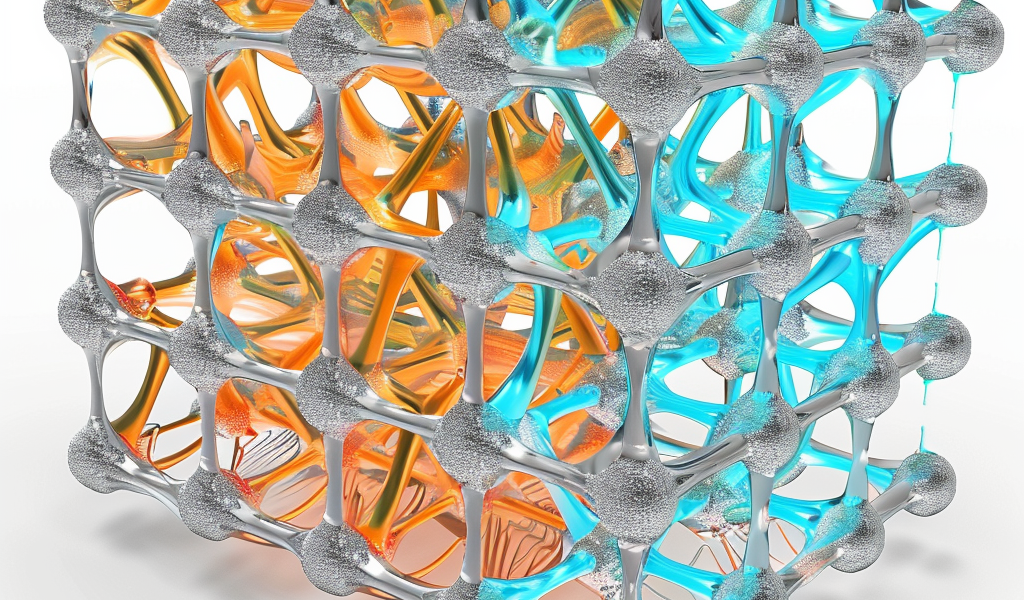A breakthrough in hydrogen storage technology has been achieved by Korean researchers, who have developed a nanoporous material capable of holding hydrogen at twice the density of its cryogenic liquid form. This innovative material could potentially address the challenges of large-scale hydrogen storage, offering a compelling alternative to traditional approaches.
Hydrogen, known for its high energy per mass, has been recognized as a clean fuel with numerous applications in trucking, commercial vehicles, short-range aviation, and shipping. It outperforms lithium batteries in terms of energy per weight and volume, providing superior range figures and quick refueling. However, the storage of hydrogen has been a major obstacle, requiring high compression for gas tanks or the maintenance of cryogenic temperatures for liquid storage.
The newly developed nanoporous magnesium borohydride (Mg(BH4)2) framework has demonstrated the ability to store hydrogen at an unprecedented density. The material’s nanopores, with partially negatively-charged hydrogen atoms forming the inner surface, enable the uptake of hydrogen and nitrogen. The research team found that the gas uptake for hydrogen was larger by a factor of three compared to nitrogen, as both occupy different adsorption sites in the pores.
This breakthrough represents a significant advancement in the realm of hydrogen storage, as the high hydrogen density in the small pores offers a promising solution to the energy-hungry and space-constrained challenges associated with traditional storage methods. The development of this innovative material opens up new possibilities for large-scale hydrogen storage, potentially accelerating the adoption of hydrogen as a clean and efficient fuel across various industries.





